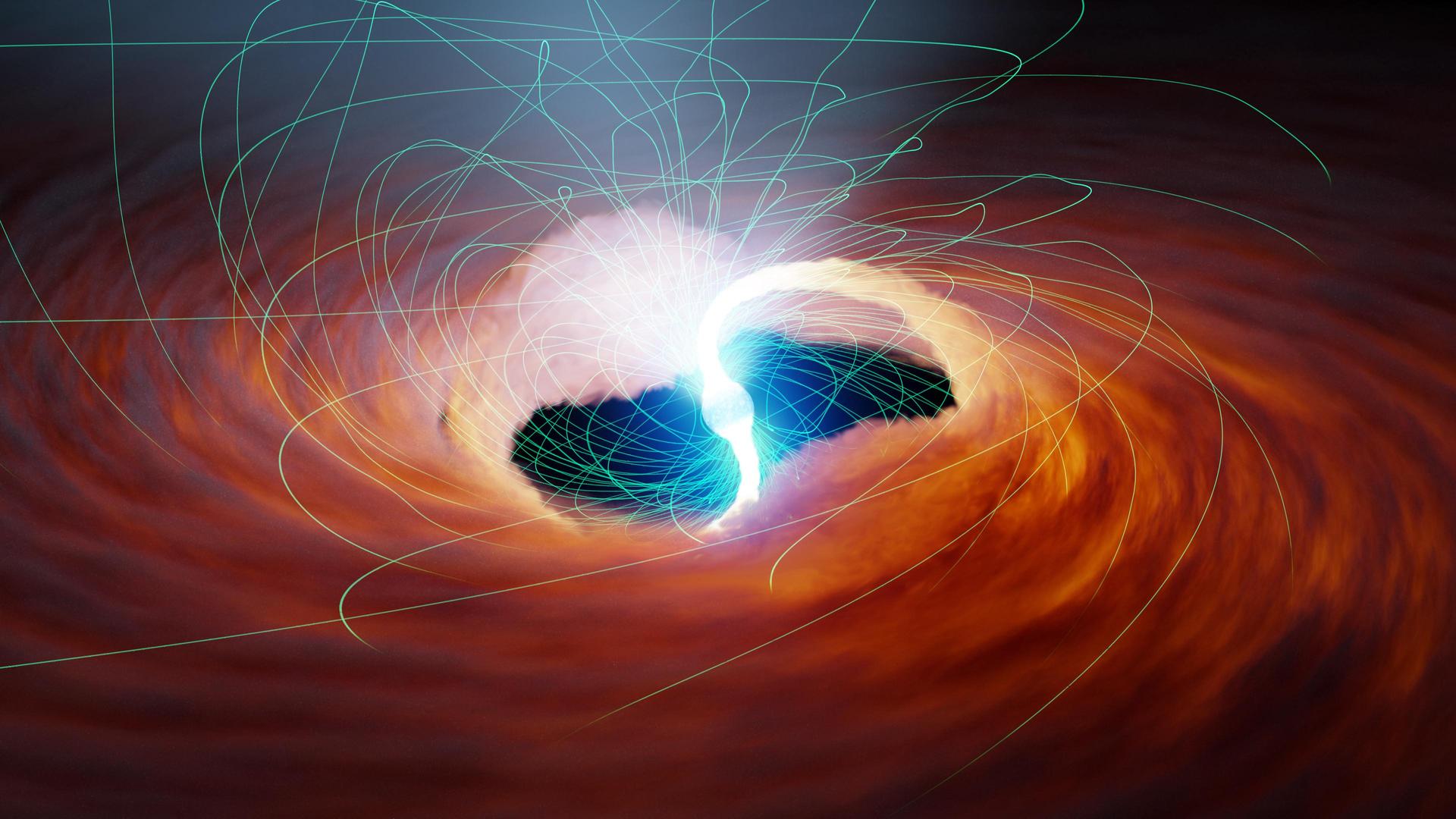Physics & mathematics news, features and articles
Explore Physics & Mathematics
Editor's Picks
Latest about Physics & Mathematics

The universe had a secret life before the Big Bang, new study hints
By Andrey Feldman published
The secrets of black holes and dark matter could lie before the Big Bang, a new study of "bouncing" cosmology hints.

World's fastest microscope can see electrons moving
By Ben Turner published
Scientists have created the world's fastest microscope, which they hope will answer fundamental questions about how electrons behave.

Heaviest antimatter particle ever discovered could hold secrets to our universe's origins
By Ben Turner published
The newly found antiparticle, called antihyperhydrogen-4, could have a potential imbalance with its matter counterpart that may help scientists understand how our universe came to be.

Physicists find superconductor behavior at temperatures once thought 'impossible'
By Ben Turner published
Scientists have observed an unexpected new behavior in a superconducting material. If physicists can figure out the cause, it could help them to find room-temperature superconductors.

The Higgs particle could break physics throughout the universe. Here's why it hasn't.
By Lucien Heurtier published
The elusive Higgs particle has the power to undo physics as we know it. The fact that it hasn't could have big implications about the nature of the universe.

Huge cosmological mystery could be solved by wormholes, new study argues
By Andrey Feldman published
The universe is expanding at an ever accelerating rate — and tiny wormholes that bore through the fabric of space-time might be to blame, a new study proposes.

Longstanding physics mystery may soon be solved, thanks to Einstein and quantum computing
By William Mark Stuckey published
The nature of quantum entanglement remains an outstanding problem in physics. But Albert Einstein's theories, along with insights from quantum computing, could finally put the mystery to rest.

'A remarkable conspiracy': Why is matter neutral? Physicist Frank Close explores the mystery in a new book
By Ben Turner published
Frank Close tells us about the history of particle physics, and what it means that charge in our universe's matter is so closely balanced.

Antimatter detected on International Space Station could reveal new physics
By Andrey Feldman published
Eight years ago, the International Space Station detected weird antimatter particles that challenge our entire understanding of physics. Now, researchers have proposed that mysterious cosmic "fireballs" could help explain the detection.
Sign up for the Live Science daily newsletter now
Get the world’s most fascinating discoveries delivered straight to your inbox.




